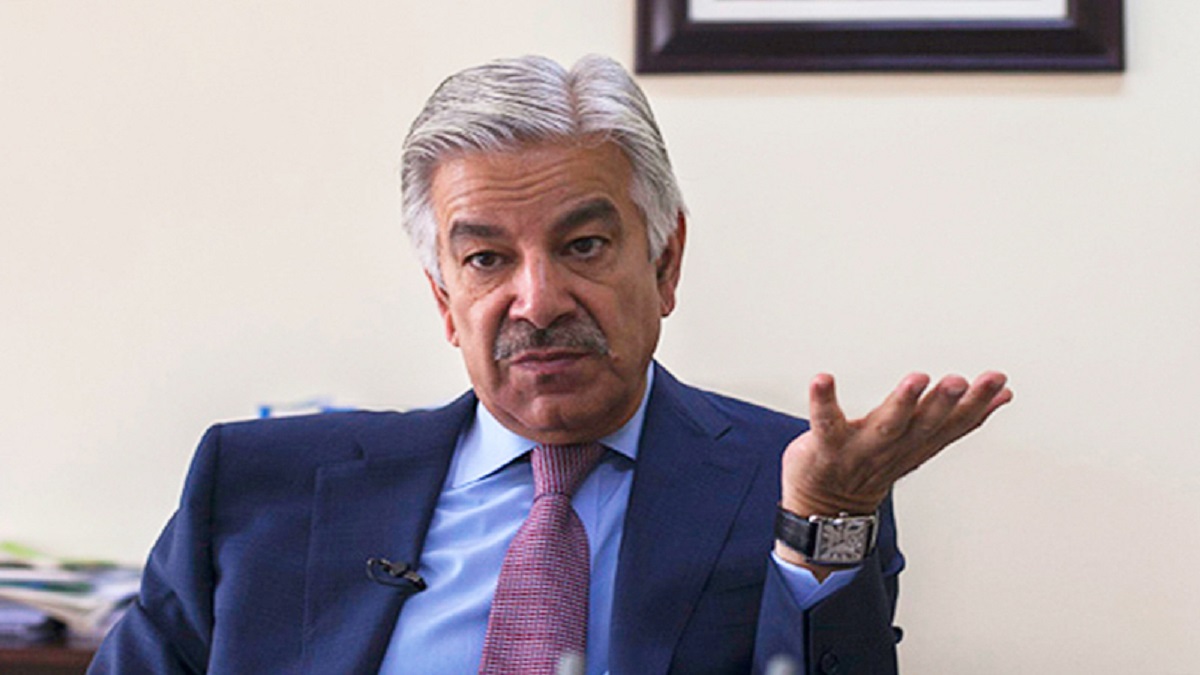In a harsh critique of the national economy, Defence Minister Khawaja Asif articulated the bleak economic conditions plaguing the country during the budget debate in the National Assembly. According to Asif, rampant tax evasion to the tune of over Rs3,500 billion and a significant economic imbalance in favor of the wealthy have severely hindered the nation’s financial progress.
Asif expressed concern that despite 80% of the population struggling to afford basic sustenance, legislative changes were primarily favoring the affluent. The minister conveyed the desperate state of the country’s finances, where increasing debt and a lackluster economy threatened the nation’s existence.
Asif bemoaned the government’s perceived ineffectiveness in ameliorating the economic situation, citing a 75-year long history of budget preparation that failed to implement foundational changes. He further stressed that while Finance Minister Ishaq Dar’s efforts to provide relief in the upcoming fiscal budget were commendable, they were not sufficient to alleviate the struggles of the ordinary citizen.
Asif highlighted the burgeoning wealth gap, emphasizing the burden it placed on the common man. He expressed concern over the growing national debt, whose interest payments have now surpassed the government’s total revenue collection.
He criticized the continued financial support extended to two debt-ridden institutions with outstanding liabilities over Rs1,000 billion. Asif also expressed dissatisfaction over the poor performance of institutions designed to alleviate poverty, despite their CEOs receiving substantial salaries.
He drew attention to a report revealing significant tax evasion across various sectors, including real estate, tobacco, automobiles, pharmaceuticals, and others. He also highlighted the extravagant wealth accumulated by university vice chancellors through alleged misappropriation of funds.
Read More: Defence Minister Endorses Use of Military Courts for Civilians Amid Controversial Crackdown
Asif stressed the need for systemic changes to address these issues, without which a surplus budget benefiting the population of 220 million remained an elusive dream. According to Asif, the key to solving these challenges lay not in international financial institutions or friendly countries, but within the nation’s own resources.
Touching on recent political turmoil, Asif referred to the riots following the arrest of PTI Chairman Imran Khan, linking it to the country’s socio-economic imbalances. He also drew a connection to the 2017 events that led to the conviction of former Prime Minister Nawaz Sharif.
Further commentary came from Federal Minister Javed Latif, who asserted that the way forward lay in rectifying past mistakes, alluding to an apology and a welcome return for Nawaz Sharif. Meanwhile, GDA member Ghaus Bakhsh Mahar criticized the government’s seeming lack of urgency amidst the impending crisis, and the non-participation of federal ministers in the budget session.
Closing the discussion, Food Minister Tariq Bashir Cheema urged for a greater focus on the agro-based economy in the budget, voicing concerns over the apparent neglect of agriculture, a crucial sector for the country.





















